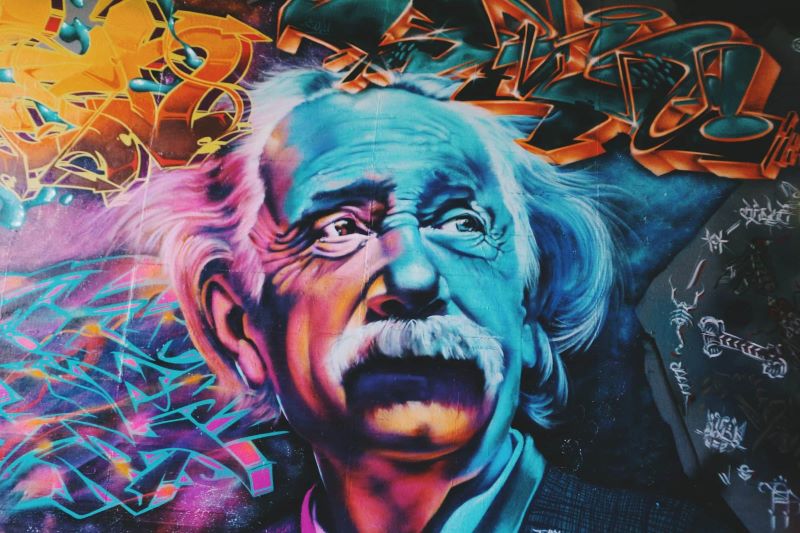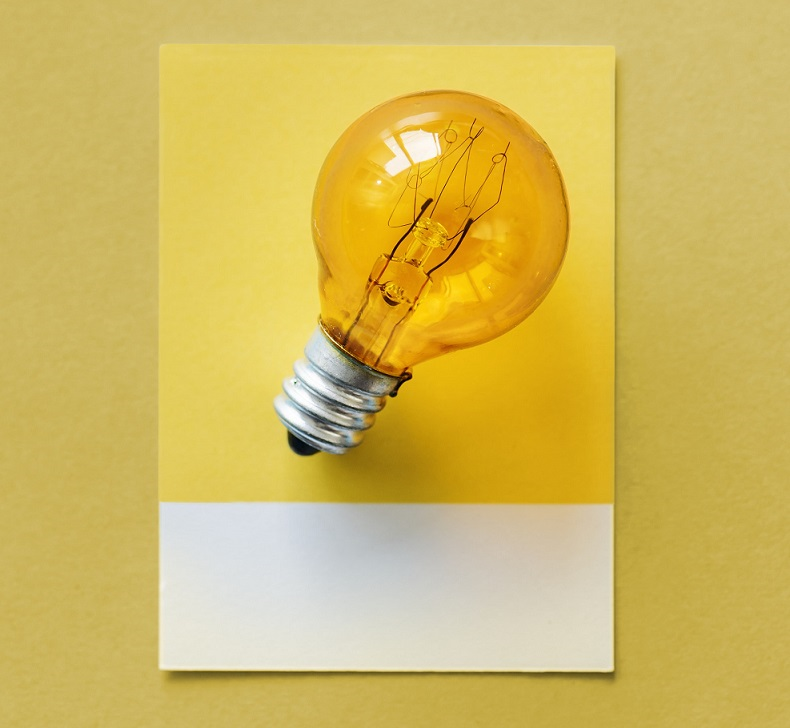For instance,
If staff on Chernobyl nuclear power plant adhered to the operation rules of the object, the accident could never happen.
Testimonials
The testimony is another kind of evidence used for the creation of the convincing argument. There are two types of it: information from eyewitnesses and an expert opinion on this issue. Both have their benefits and shortcomings.
The account of an eyewitness is the best way to find facts and to write them up as a memo or personal experience. People love individual stories and examples from life so you may grab your audience’s attention by adding such testimony to your academic paper. The shortcoming of this one is the absence of 100% credibility of the information – any evidence from a person may be subjective. Let’s have a look at the example:
This person spent 4 years working at McDonald’s and they can assure you that the fast food fully corresponds to the industry sanitation terms and conditions. He saw it firsthand that the company supplies only natural semi-finished products to the McDonald’s kitchens.
An expert opinion implies thorough fact’s revision by a professional in the chosen field of study. It resembles more a judgment with the only difference from the previously mentioned evidence: it is not an author’s finding. The disadvantage of it – any claim from an expert may be disputed by the other expert. Thus, such evidence does not purport to be the final truth. For instance,
Entrepreneur Alistair Milne trusts that if Bitcoin returns to the market-leading position of approximately 84% (where it was before the Bitcoin Unlimited/forking fears), the price will be about $7000 in the nearest future.
Documentary Evidence
Such information can be taken from various documents: letters, diaries, laws, unpublished writings, speeches, and many others.
“Every person who lives in the USA is less likely to be considered an outsider anywhere within its borders.” – Thus wrote Martin Luther King in his famous letter.
During the writing, you should use different kinds of evidence to make your paper more convincing and diverse.
Step 3: Checking
It can happen that you have missed something while composing your argument. Before delivering an assignment to the professor or presenting it to a wide audience, check every argument in the essay.
To do the revision more effectively, try to:
- Reread your claim for a few times and make sure you proved it;
- Ask friends or relatives to listen to the arguments;
- Get a list of possible questions and find the answers in your paper.
If something remains unclear, solve the problem and add some more evidence which will finally persuade even the most demanding reader.
Take the creation of arguments responsibly because this part of the writing process is probably the most important. By filling your paper with relevant evidence, you may compel the reader to overlook less significant shortcomings such as formatting errors or an imperfect structure.
Photo by Kelly Sikkema from Unsplash








